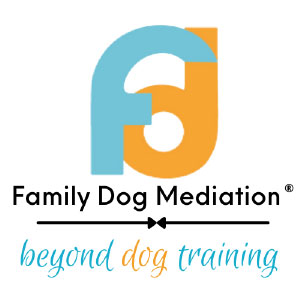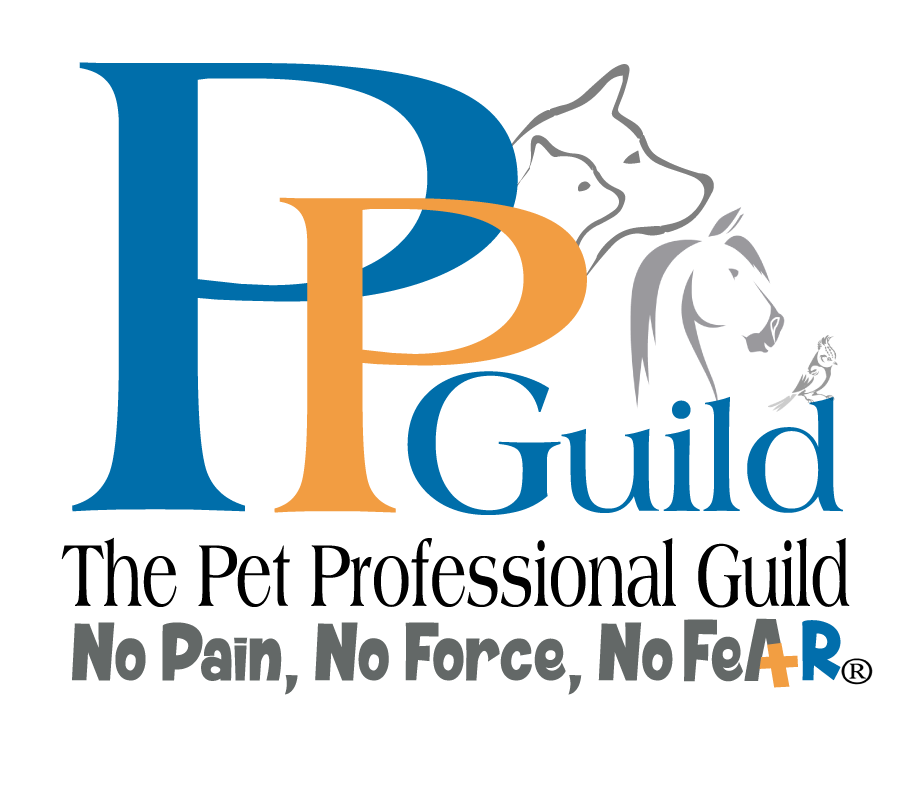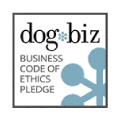Let’s talk growling! This is a topic that often raises concern among puppy parents. Common questions that I’m asked each week are “should I be concerned about my puppy’s growling”? “Why is my puppy growling”? “How can I stop my puppy from growling”? Many people view growling as a negative behavior, but in reality, it’s an essential part of a puppy’s communication repertoire. Now, I’m not saying you shouldn’t be concerned about growling or that it should be ignored. Let’s explore the importance of understanding puppy growling and why it’s a good thing.
Understanding the Puppy Growl:
As responsible puppy parents, it’s natural for us to be concerned when our puppies start growling. However, it’s important to recognize that growling is their way of conveying their emotions and giving us valuable information about how they’re feeling in that moment.
Puppies, just like adult dogs, have their own unique forms of communication and body language. When they growl, they are expressing their anxiety, stress, feeling overwhelmed, or even fear about what is happening around them. It’s their way of saying, “Hey, I’m not comfortable with this situation.”
Never Punish a Growling Puppy:
Typically, the first response to a puppy growling is to tell the puppy “NO!”, want to punish the puppy for doing a “bad” thing, or to feel as if the puppy needs to know what they did was wrong. A common thought is that a puppy shouldn’t be able to get away with this type of [unacceptable] behavior.
It’s crucial to understand that punishing a puppy for growling is never the right approach. Growling is a natural response to stress. Punishing the growl can lead to suppressing it. Suppressing the growl doesn’t mean your puppy’s underlying feelings about a stressful situation have gone away. They might not growl because they are afraid of getting in trouble. Suppressing the growl can lead to more serious behavioral issues in the future.
For example, a puppy might go right to snapping or biting because growling has landed them in hot water in the past. Instead, we should focus on addressing the root cause of their discomfort and creating a safe environment for them. When you address the underlying stress or fear and your puppy is no longer anxious, the growling will subside.
Punishing the growl is like taking the batteries out of your smoke detector. You are losing your warning signal.
Evaluating the Situation and Taking Action:
When your puppy growls, it’s vital to evaluate the circumstances and identify what may be causing their stress. Are they feeling threatened by a new person or another animal? Are they overwhelmed by a loud noise or unfamiliar environment? Evaluate what happened just before the growl occurred. This will give you insight into what is causing your puppy to be anxious, fearful, or stressed. By understanding their triggers, we can take appropriate steps to alleviate their stress and make them feel more secure.
Not All Growling is the Same: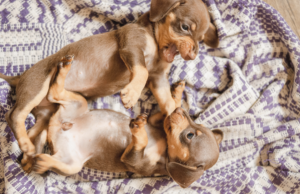
It’s essential to understand that not all growling indicates stress, anxiety, or fear. I receive many inquires where people are asking if they should be concerned if their puppy is growling when they play tug or other games with their puppy. This is an entirely different context.
Puppies will vocalize as part of play. They may do it when playing with other dogs or when they are playing with you. Some puppies can be quite loud in their vocalizations. It’s important to differentiate between the types of growls and recognize the body language accompanying the growl to understand their intentions better.
Balancing Responsiveness with Prevention:
While we acknowledge that growling is a natural response, it’s crucial not to put our puppies in situations where they feel stressed, anxious, or fearful. As responsible puppy parents, it’s our duty to ensure their safety and well-being. By proactively avoiding triggering situations and providing positive experiences, we can help our puppies grow into well-adjusted dogs.
Of course, we won’t know if something is causing our puppies to anxious or fearful until we are in the thick of a situation. The best thing to do is remove your puppy from the situation, evaluate the trigger, and avoid similar encounters as you put a plan in place to help change your puppy’s underlying negative emotion and change it to a positive emotion.
Understanding Dogs’ Perspectives:
As puppy parents, we often feel the need to teach our furry friends what’s right and wrong. However, it’s important to recognize that dogs are amoral creatures who don’t possess a sense of morality. They respond to situations based on their fight or flight instinct, not an understanding of right and wrong.
While the growl may be an undesirable behavior for you, it’s important to remember it is not bad behavior. When a puppy isn’t growling, they aren’t being “a good puppy”. They are just in a happier state of being and aren’t in a situation that is causing them fear or anxiety.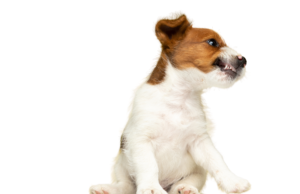
All behavior serves a function. Your puppy’s growl is a way of telling you they need more space in a particular situation. Have you ever jumped because something scared you? Maybe you were so startled you even cried or had your breath taken away for a moment. In that moment, you had a reaction to a situation. Your puppy’s reaction is no different.
A Real Life Example:
Imagine being outside in the dark or just finishing watching a scary movie. Now, imagine your partner or friend thinks it’s funny to hide and jump out and scare you. You jump and scream. Your heart starts pounding and you clench your chest. When you collect yourself, you say something to the person who though they were being funny. Maybe you called them a jerk. Maybe you yelled at them. In these situations, the person who was being funny often thinks the startled person is overacting by getting upset with them.
In that moment you were frightened. Does the prankster have the right to say you were overreacting or get mad at you for having a fight or flight response?
Final words on growling…
Growling is not only a valuable form of communication for puppies, but it’s also a valuable piece of information for you. The growl informs us about our puppy’s well-being. We should never punish or suppress growling but rather focus on understanding the underlying causes and providing a safe environment for our faithful companions. By doing so, we can foster a trusting relationship and help our puppies grow into confident, happy dogs. So remember, growling is good!
Is puppy raising not quite the adventure you imagined? Help, raising a puppy is more than I bargained for.



